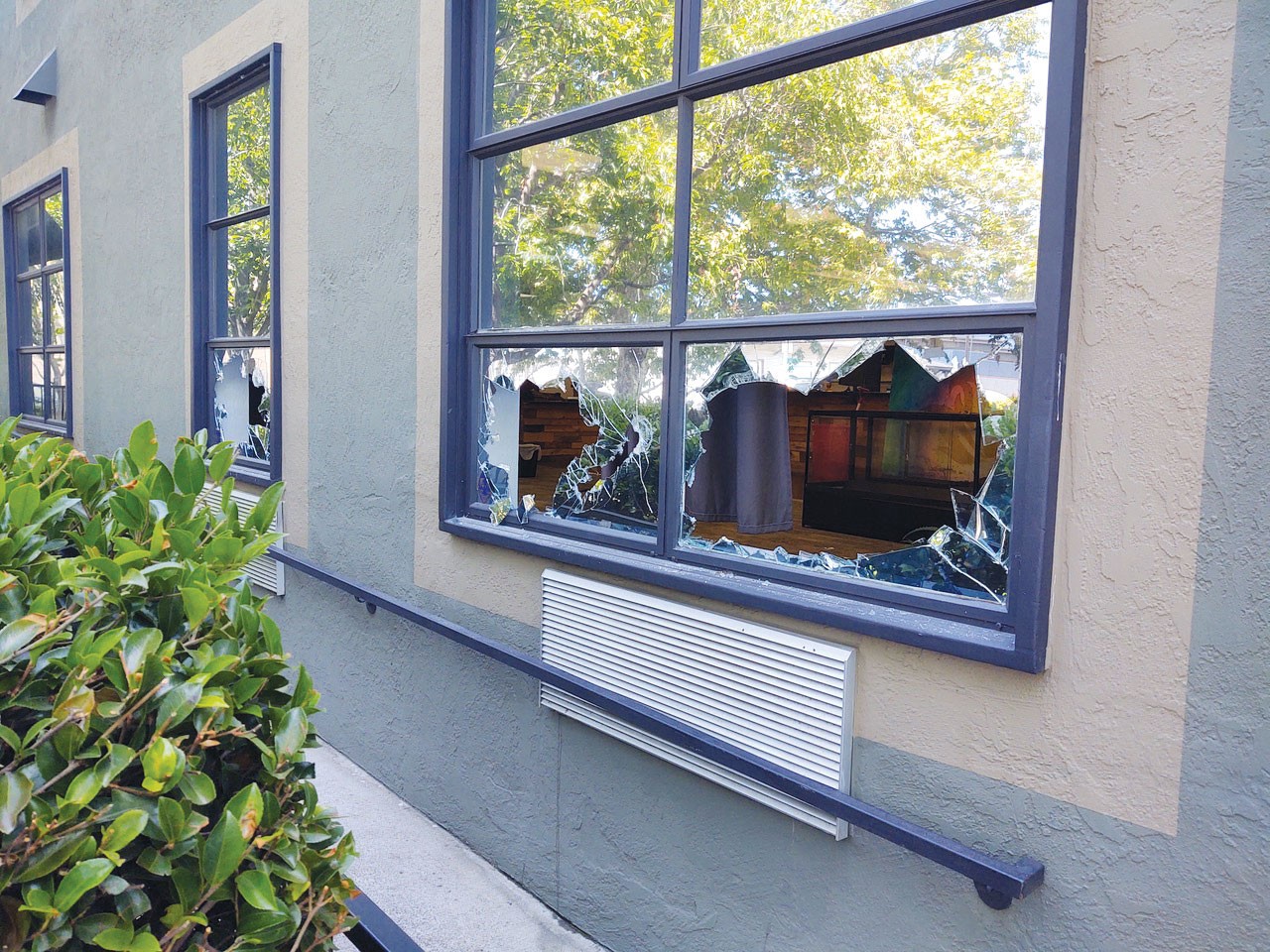Operators seek city assistance
Last week, the Oakland Cannabis Regulatory Commission and several dispensary owners kicked around ideas for improving security. One of those ideas: allowing dispensary owners and employees to pack heat.
The notion of gun-toting weed merchants didn’t go over well, and the commission rejected it. Most of the Zoom meeting was devoted to what recommendations the commission should make to the City of Oakland to deal with the repercussions of the spate of robberies and lootings of cannabis dispensaries in Oakland and to some degree elsewhere in the Bay Area during the recent weekend of protests and riots on May 30 and 31.
In the end, the commission decided to ask Oakland to disperse state funds earmarked for the city’s cannabis equity program immediately rather than over time, to emphasize grants over loans and to seek ways to improve the Oakland Police Department’s handling of the crime spree. All of the participants agreed the OPD was woefully lacking in this area even before these incidents.
It was the police response that led to the calls for arming cannabis operators.
During the open forum before the meeting began, two cannabis entrepreneurs suggested that dispensary operators be issued concealed-carry gun permits. One of them, cultivator Brent Bell of Plant Party, noted that while the Denver Police Department “has, like, 16 officers just assigned to cannabis,” the OPD has only one. He suggested that “concealed carry licenses” would help dispensary operators and other cannabis businesses protect themselves. “Just having the program would be a deterrent” to robbers and thieves, he said.
Commissioner Debby Goldsberry, whose Magnolia Wellness dispensary was essentially destroyed over two nights of looting and burglary, said, “Arming dispensary personnel goes too far in my opinion. We can’t kill for cannabis.”
Echoing her sentiments was Commissioner Lenese Martin, co-founder of The Hood Incubator.
“I came to this position to protect Black lives,” she said. It would be wrong, she added, to “kill a human to save a building. That’s not gonna be the solution.”
The bigger and more serious issue was money. The city is set to receive about $6.5 million in state equity grants. The commission is asking the City Council to disperse that money as quickly as possible and to issue as much of it as possible in the form of grants, rather than loans. The Council was expected to take up the measure on Tuesday, as the East Bay Express was going to print.
The measure would cap grants at $75,000, and loans at $500,000. It would also fast-track licensing for the city’s equity program, which is aimed at assisting minority cannabis entrepreneurs. The program, meant to address the inequity of cannabis prohibition, has been stymied by bureaucracy. Under the measure, any applicant who already meets the income and residency criteria receives an equity license, which makes the business eligible for equity financing for two years, even if the business no longer qualifies according to the income and residency requirements.
The commission also voted to support declaring a “state of emergency” in the city to lift some of the state’s licensing regulations on cannabis businesses and provide resources for dealing with the fallout from the rioting and looting, and to call for an investigation into the police response to the looting of cannabis businesses, and its overall approach to protecting them.
“There’s no way I can pull out of this without help from the city,” said Ron Leggett, whose equity business was being incubated at Magnolia, and who was preparing to launch just a week after the shop was hit. “We have no time to wait,” he said.
Leggett and a chorus of other attendees and commissioners decried the OPD’s response to the weekend of lootings.
“The issues with OPD predate these incidents,” said Will Brophy, head of operations for Nabis, a cannabis distributor and equity incubator. Robberies and burglaries of cannabis operations amount to a “special type of crime” that, Brophy said, “demands a special kind of response.”
Dispensary operators complained that over more than 48 hours of shops and other businesses being hit, the cops never contacted any owners to warn them that theirs’ might be next. The OPD did not respond to a request for comment.
The fact that Oakland has just one officer dedicated to the cannabis business is, Brophy said, “objectively underwhelming.”








